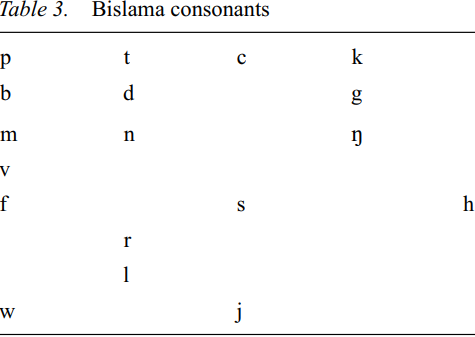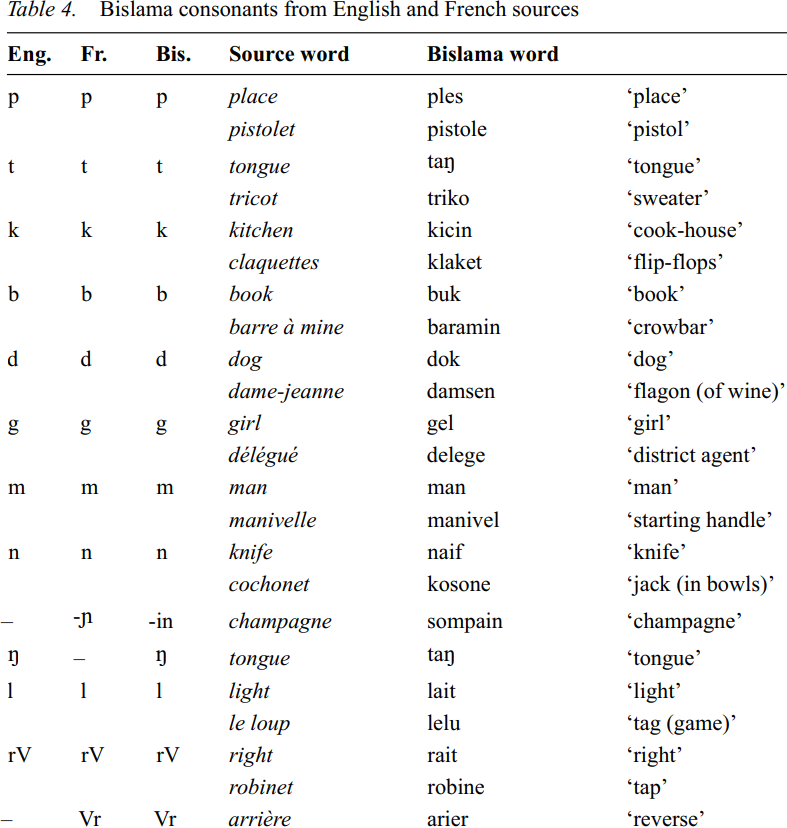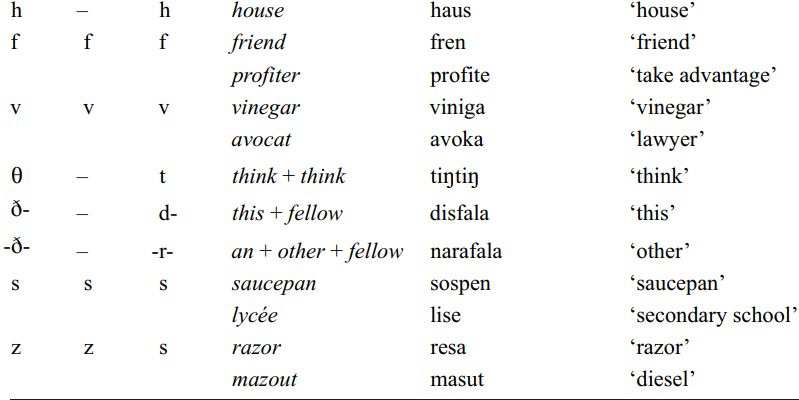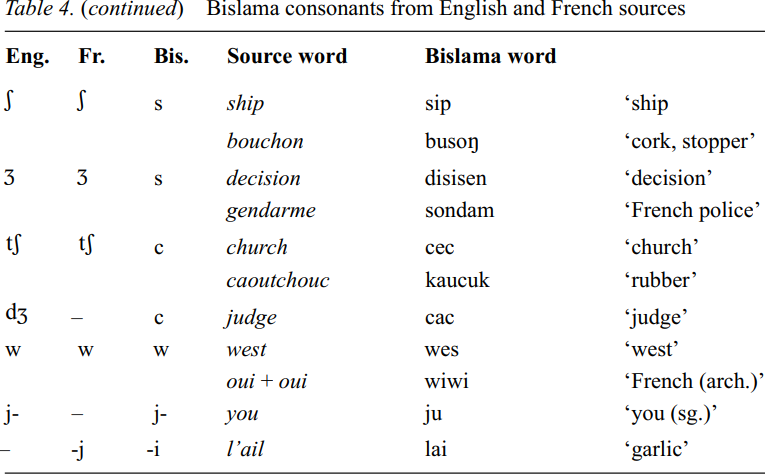

Grammar


Tenses


Present

Present Simple

Present Continuous

Present Perfect

Present Perfect Continuous


Past

Past Continuous

Past Perfect

Past Perfect Continuous

Past Simple


Future

Future Simple

Future Continuous

Future Perfect

Future Perfect Continuous

Passive and Active


Parts Of Speech


Nouns

Countable and uncountable nouns

Verbal nouns

Singular and Plural nouns

Proper nouns

Nouns gender

Nouns definition

Concrete nouns

Abstract nouns

Common nouns

Collective nouns

Definition Of Nouns


Verbs

Stative and dynamic verbs

Finite and nonfinite verbs

To be verbs

Transitive and intransitive verbs

Auxiliary verbs

Modal verbs

Regular and irregular verbs

Action verbs


Adverbs

Relative adverbs

Interrogative adverbs

Adverbs of time

Adverbs of place

Adverbs of reason

Adverbs of quantity

Adverbs of manner

Adverbs of frequency

Adverbs of affirmation


Adjectives

Quantitative adjective

Proper adjective

Possessive adjective

Numeral adjective

Interrogative adjective

Distributive adjective

Descriptive adjective

Demonstrative adjective


Pronouns

Subject pronoun

Relative pronoun

Reflexive pronoun

Reciprocal pronoun

Possessive pronoun

Personal pronoun

Interrogative pronoun

Indefinite pronoun

Emphatic pronoun

Distributive pronoun

Demonstrative pronoun


Pre Position


Preposition by function

Time preposition

Reason preposition

Possession preposition

Place preposition

Phrases preposition

Origin preposition

Measure preposition

Direction preposition

Contrast preposition

Agent preposition


Preposition by construction

Simple preposition

Phrase preposition

Double preposition

Compound preposition


Conjunctions

Subordinating conjunction

Correlative conjunction

Coordinating conjunction

Conjunctive adverbs


Interjections

Express calling interjection


Grammar Rules

Preference

Requests and offers

wishes

Be used to

Some and any

Could have done

Describing people

Giving advices

Possession

Comparative and superlative

Giving Reason

Making Suggestions

Apologizing

Forming questions

Since and for

Directions

Obligation

Adverbials

invitation

Articles

Imaginary condition

Zero conditional

First conditional

Second conditional

Third conditional

Reported speech


Linguistics

Phonetics

Phonology


Semantics


Pragmatics

Linguistics fields

Syntax

Morphology

Semantics

pragmatics

History

Writing

Grammar

Phonetics and Phonology

Semiotics


Reading Comprehension

Elementary

Intermediate

Advanced


Teaching Methods

Teaching Strategies
Consonants
المؤلف:
Terry Crowley
المصدر:
A Handbook Of Varieties Of English Phonology
الجزء والصفحة:
680-38
2024-04-26
1032
Consonants
Table 3 sets out the consonants which can be shown to contrast in Bislama.

This inventory represents something of a mesolectal variety which is quite widely distributed among speakers of Bislama throughout Vanuatu. As will be demonstrated, there are some variations to this phoneme inventory.
These segments once again have phonetic realizations by and large that are suggested by the IPA values. The liquid represented as /r/ is phonetically normally an alveolar flap, though an occasional trilled articulation can be heard as a free variant. Some speakers produce instead a retroflex flap for this sound, though this is a strongly stigmatized pronunciation associated with speakers of particular local languages. The symbol /j/ represents a palatal semi-vowel. Particular note should be made of the fact that /c/ is generally realized as a voiceless post-alveolar grooved affricate, i.e. [ʧ] , though there is often a slightly fronted realization, i.e. [ts].
Words of vernacular origin tend to be adopted into Bislama with minimal change in shape, as the Bislama consonant inventory very closely resembles that of widely distributed vernacular patterns. With a consonant inventory that is substantially reduced vis-à-vis those of English and French, however, we find that a number of contrasts are systematically merged in Bislama. In particular, the English contrasts between /s/, /z/, /ʃ/ and /Ʒ/ are merged as /ð/, e.g. /sain/ ‘sign’, ‘shine’, /resa/ ‘razor’. The contrasts between /t/ and /θ/ on the one hand and /d/ and /D/ on the other are merged as /t/ and /d/ respectively, e.g. /tin/ ‘tin’ and /tiŋtiŋ/ ‘think’, /dis/ ‘dish’ and /disfala/ ‘this (< this + fellow)’. The contrast between voiced and voiceless segments is lost word-finally in Bislama, with only voiceless segments being found. Thus, the contrast between English dog and dock results in the homophonous form /dok/ meaning ‘dog’ and ‘warehouse (< dock)’ in Bislama.
The main patterns of correspondence between consonantal contrasts in standard English and French on the one hand and Bislama on the other are set in Table 4, along with illustrations of each pattern (with an English etymon presented first and a French etymon presented second).



Note that with respect to French words containing /ɲ/, forms have only been attested as being incorporated into Bislama in which this segment appears word-finally, e.g. champagne. Note also that the correspondences presented above for /r/ hold up despite the substantial phonetic difference between this liquid in the three languages. Finally, words beginning with /j-/ are extremely rare in French and none of these have been incorporated into Bislama, hence the lack of examples above.
While it is often possible to predict by these fairly regular correspondence statements what form a word of English origin will take in Bislama, there is by no means a completely regular set of correspondences. Thus, while English /ʧ/ generally corresponds to Bislama /c/ as in /cec/ ‘church’, the form /sakem/ ‘throw (< chuck)’ is idiosyncratically reflected as /s/. Also, while English /r/ is the primary source of /r/ in Bislama, there are some forms in which Bislama intervocalic /r/ unexpectedly derives from a number of other sounds, as in /griri/ ‘greedy’ (where /-d-/ is reflected as /-r-/ rather than /-d-/) and /wora/ ‘water’ (where /-t-/ is reflected as /-r-/ rather than /-t-/). However, it is certainly not the case that all instances of intervocalic /-d-/ and /-t-/ in English can be reflected with /-r-/ in Bislama, as evidenced by invariant forms such as /hotel/ ‘hotel’ and /lada/ ‘ladder’.
 الاكثر قراءة في Phonology
الاكثر قراءة في Phonology
 اخر الاخبار
اخر الاخبار
اخبار العتبة العباسية المقدسة

الآخبار الصحية















 (نوافذ).. إصدار أدبي يوثق القصص الفائزة في مسابقة الإمام العسكري (عليه السلام)
(نوافذ).. إصدار أدبي يوثق القصص الفائزة في مسابقة الإمام العسكري (عليه السلام) قسم الشؤون الفكرية يصدر مجموعة قصصية بعنوان (قلوب بلا مأوى)
قسم الشؤون الفكرية يصدر مجموعة قصصية بعنوان (قلوب بلا مأوى) قسم الشؤون الفكرية يصدر مجموعة قصصية بعنوان (قلوب بلا مأوى)
قسم الشؤون الفكرية يصدر مجموعة قصصية بعنوان (قلوب بلا مأوى)


















